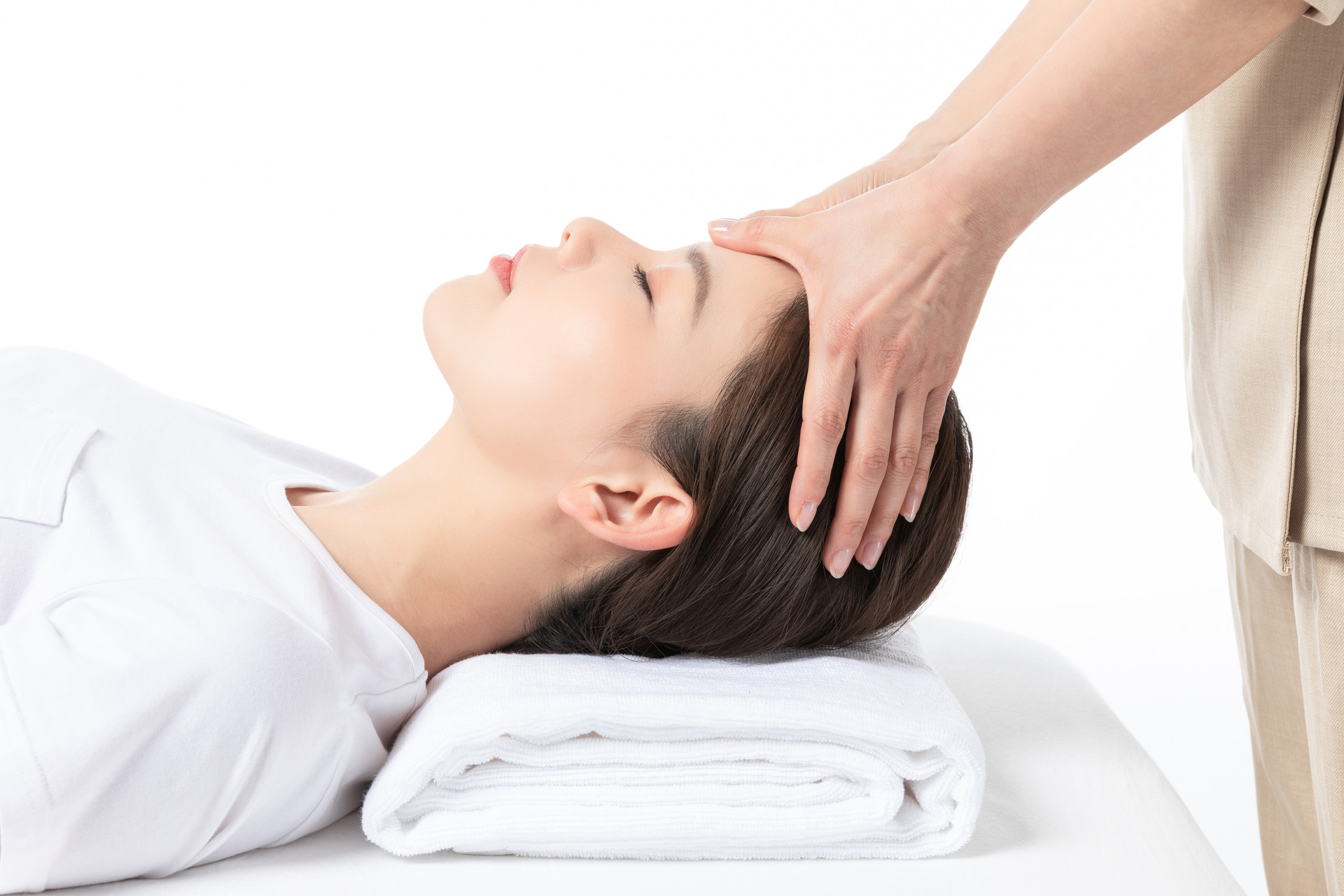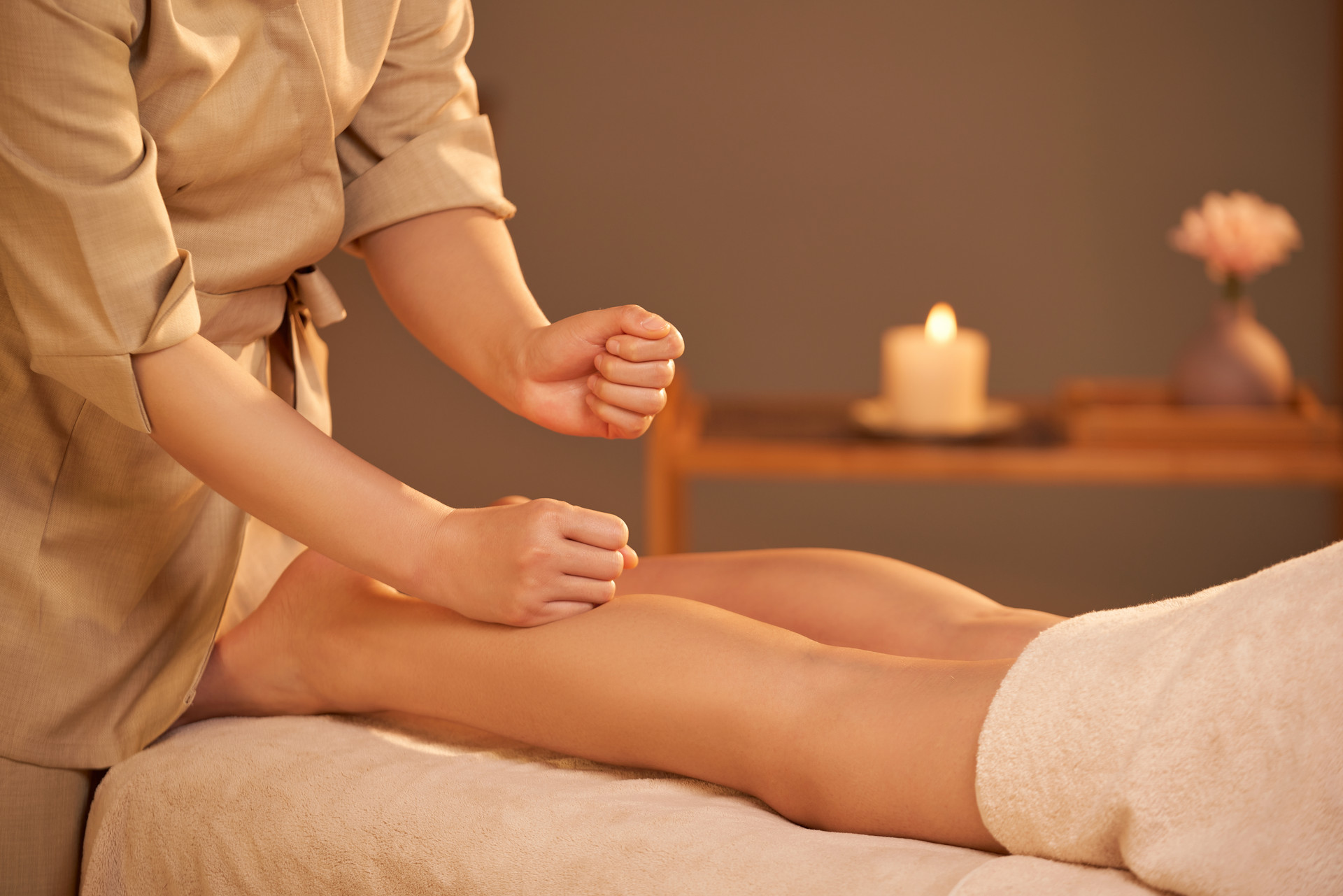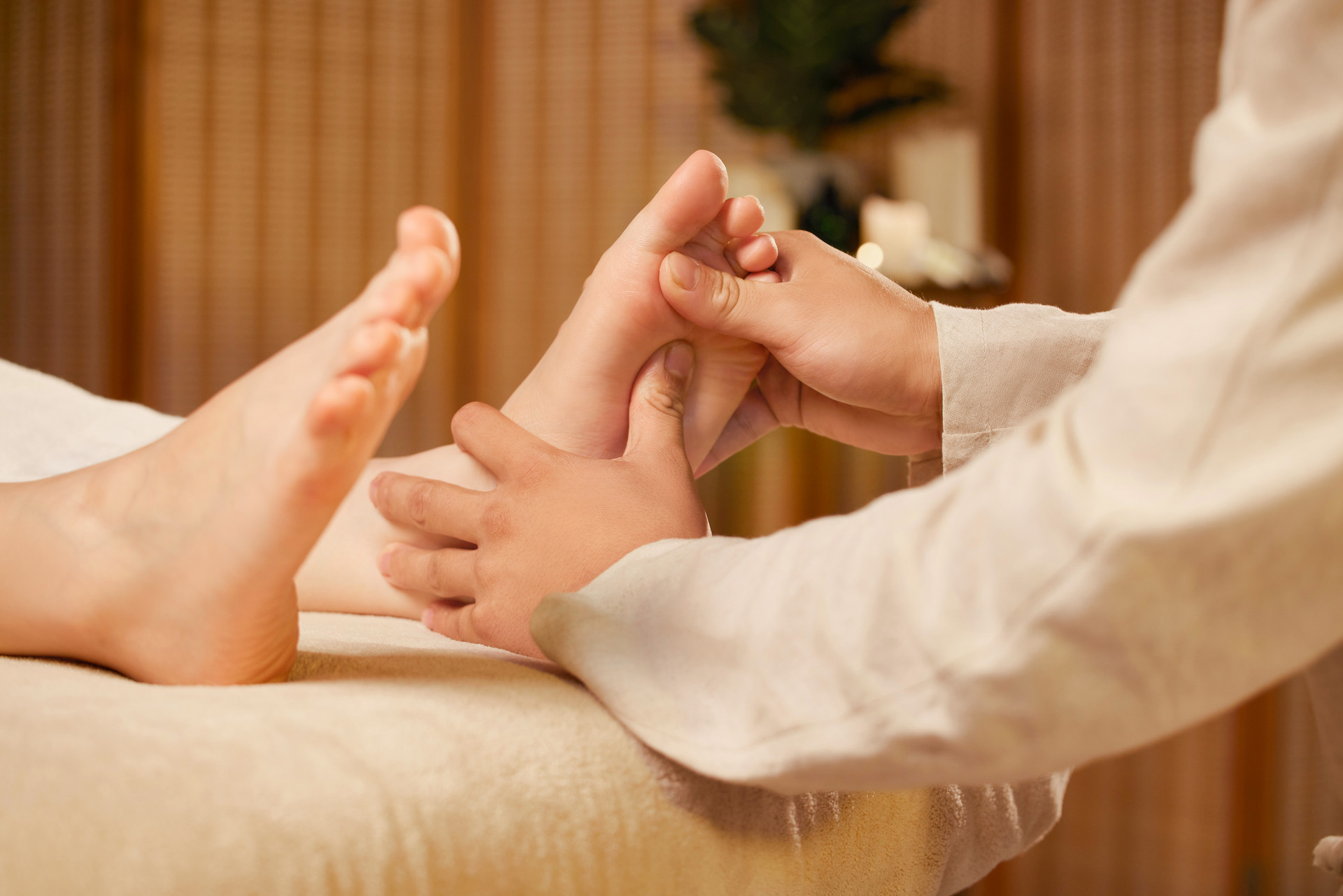In the scorching summer, people have no appetite for anything they eat. They rack their brains to eat various stomach-tonic drugs, but not only do they have no effect, but too much medicine is also not good for the body, after all, medicine is a bit toxic! Traditional Chinese medicine teaches you to massage the "Rangu" acupoint to solve the problem of loss of appetite, but do you know the specific location of the "Rangu" acupoint?
Meaning of the "Rangu" acupoint name
"Ran" means the thick and prominent bone of the boat; "Gu" means the depression. The acupoint is located in the depression in front of the thick and prominent bone of the foot boat.
Functions and benefits of massaging the "Rangu" acupoint
Nourish the Yin and tonify the Kidney by finding the "Rangu" acupoint
Health benefits of the "Rangu" acupoint
Nourish the Yin and tonify the Kidney, clear heat and eliminate dampness. It is used to treat symptoms such as Yin stagnation, Yin itching, irregular menstruation, leukorrhea, cystitis, urethritis, infantile umbilical wind, trismus, nocturnal emissions, impotence, diabetes, and swelling and pain in the dorsum of the foot.
Location of the "Rangu" acupoint
Location of the "Rangu" acupoint
It is located on the inner side of the foot, below the thick and prominent bone of the foot boat, at the junction of red and white skin.
1. In a sitting or supine position, first find the bony landmark (boat bone) that is more prominent below the front of the medial malleolus, and touch a depression in front of the thick and prominent bone of the boat, which will feel sore and swollen when pressed.
2. In a sitting position, a depression can be felt below the lower edge of the thick and prominent bone of the foot boat in front of the medial malleolus, and it will feel sore and swollen when pressed.
Causes of loss of appetite
There are many factors that cause loss of appetite. People do not want to eat when they are sad, angry, nervous, or sick. Office workers do not feel hungry, so they usually skip breakfast and eat at 12 noon. They either eat a big meal at home or at a restaurant with friends and colleagues in the evening. Such irregular eating habits will eventually lead to problems with the spleen and stomach, which is also one of the causes of loss of appetite. Overeating, changes in weather, etc. are all factors that can cause loss of appetite.
"Rangu" acupoint
Traditional Chinese medicine teaches you to massage the "Rangu" acupoint to treat loss of appetite
"Rangu" means "burning grains" in Chinese. Grains are the food we eat, and burning means digestion. The "Rangu" acupoint is an acupoint that enhances the function of the spleen and stomach and promotes better digestion of food in the stomach. Massaging the "Rangu" acupoint can quickly create a sense of hunger in people and also treat discomfort after overeating, with the function of dual regulation. In short, massaging the "Rangu" acupoint every day can increase appetite and keep the intestines clear.
Massaging the "Rangu" acupoint requires attention to detail. First, accurately locate the "Rangu" acupoint, use the thumb to press down forcefully, and relax immediately after pressing. When the thumb is pressed down, there will be a strong sore and swollen sensation in the acupoint and even the entire leg along the kidney meridian, but the sore and swollen sensation will immediately disappear as the fingers relax. After the sore and swollen sensation subsides, repeat the above method, and do this 10 to 20 times. Both "Rangu" acupoints on the feet should be massaged. If you are doing it for yourself, you can massage both acupoints at the same time.












